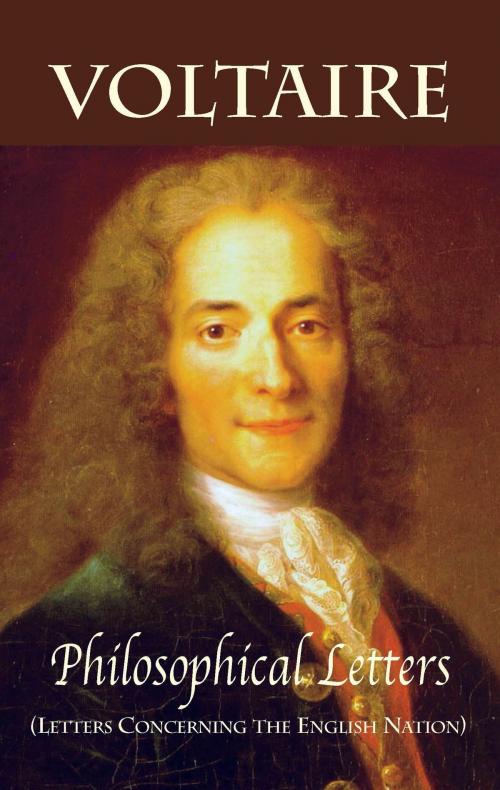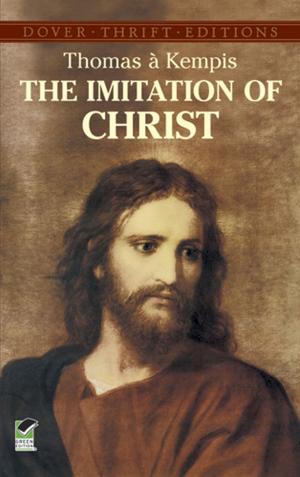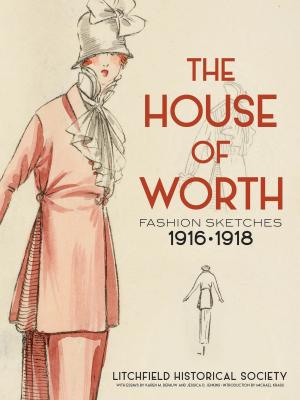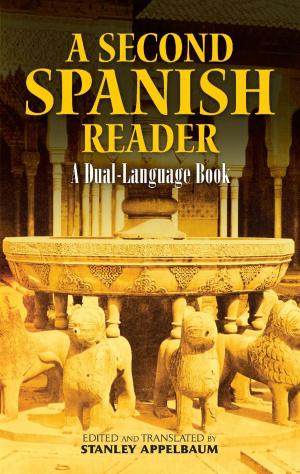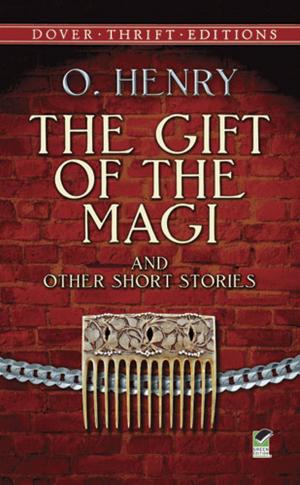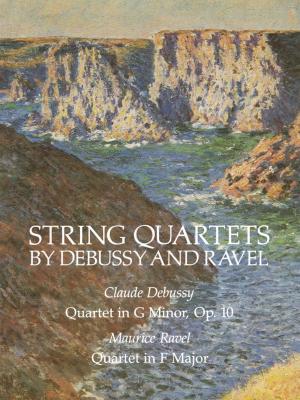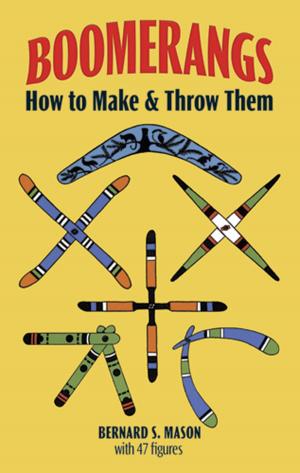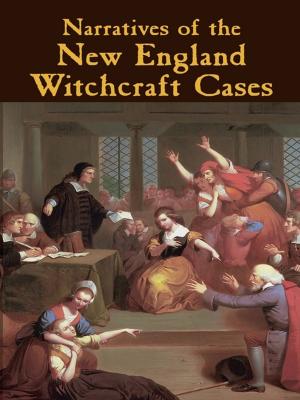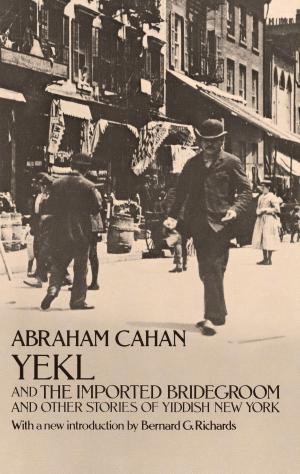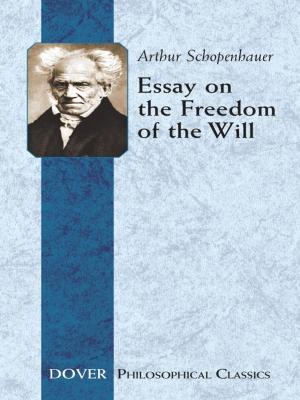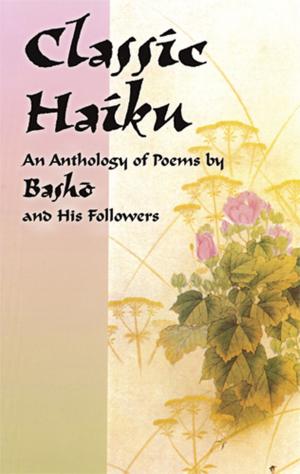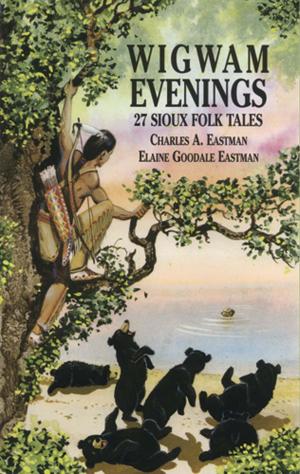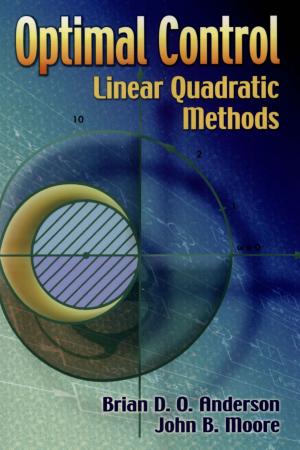Philosophical Letters
(Letters Concerning the English Nation)
Nonfiction, Religion & Spirituality, Philosophy, Religious, Fiction & Literature, Essays & Letters, Essays| Author: | Voltaire | ISBN: | 9780486143163 |
| Publisher: | Dover Publications | Publication: | June 12, 2012 |
| Imprint: | Dover Publications | Language: | English |
| Author: | Voltaire |
| ISBN: | 9780486143163 |
| Publisher: | Dover Publications |
| Publication: | June 12, 2012 |
| Imprint: | Dover Publications |
| Language: | English |
Best known for his philosophical novel Candide, Voltaire ranked among the leading intellectuals of the Enlightenment period. His two-and-a-half-year sojourn in England left a profound impression, and these letters—written as though explaining English society to a French friend—focus on the country's religion and politics, with commentaries on Quakers, the Church of England, Presbyterians, Anti-Trinitarians, Parliament, the government, and commerce. They also include essays on Locke, Descartes, and Newton. Voltaire was much influenced by English tolerance, and his observations on the subject sounded a revolutionary note among European readers that resonated for long afterward. First published in English in 1733, Philosophical Letters was condemned by the French government as "likely to inspire a license of thought most dangerous to religion and civil order." It remains a landmark of the Age of Reason.
Best known for his philosophical novel Candide, Voltaire ranked among the leading intellectuals of the Enlightenment period. His two-and-a-half-year sojourn in England left a profound impression, and these letters—written as though explaining English society to a French friend—focus on the country's religion and politics, with commentaries on Quakers, the Church of England, Presbyterians, Anti-Trinitarians, Parliament, the government, and commerce. They also include essays on Locke, Descartes, and Newton. Voltaire was much influenced by English tolerance, and his observations on the subject sounded a revolutionary note among European readers that resonated for long afterward. First published in English in 1733, Philosophical Letters was condemned by the French government as "likely to inspire a license of thought most dangerous to religion and civil order." It remains a landmark of the Age of Reason.
